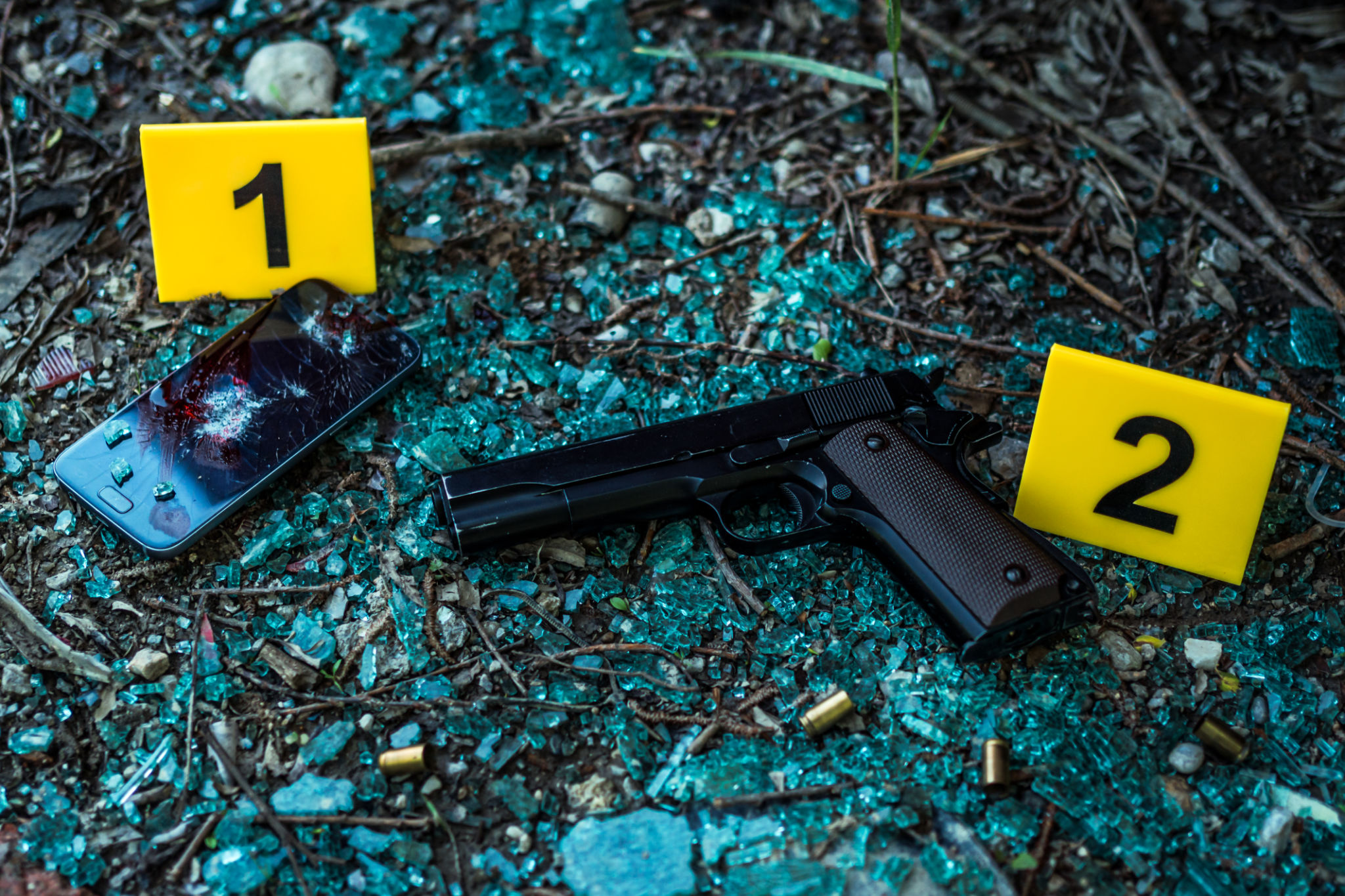How Accurate Are Mobile DNA Tests? Dispelling Common Myths
DB
Understanding the Basics of Mobile DNA Tests
Mobile DNA tests have become increasingly popular, thanks to their convenience and accessibility. But just how accurate are they? Before diving into that, it's essential to understand what mobile DNA tests actually are. These tests allow individuals to collect DNA samples at home, typically through a cheek swab, and send them to a laboratory for analysis.
The technology behind these tests is quite advanced, as they analyze genetic markers to provide insights into ancestry, health risks, and even familial relationships. However, despite their sophistication, several myths and misconceptions persist about their accuracy.

Myth: Mobile DNA Tests Are Always 100% Accurate
One of the most common misconceptions is that mobile DNA tests offer 100% accuracy. While these tests are generally reliable, no DNA test can guarantee absolute certainty. The accuracy largely depends on the quality of the sample collected and the specific markers being analyzed.
Laboratories use complex algorithms to interpret results, but there's always a margin of error. For example, ancestry results can vary depending on the reference databases used by different companies. Therefore, it's crucial to understand that while these tests provide valuable insights, they are not infallible.
Factors Influencing Accuracy
Several factors can influence the accuracy of mobile DNA tests. Sample contamination is a common issue; if the swab is not properly collected or exposed to other DNA sources, it may lead to inaccurate results. Additionally, the quality of the laboratory plays a significant role in ensuring accurate outcomes.

Another factor is the comprehensiveness of the genetic markers analyzed. Some tests may only examine a limited number of markers, which can affect the depth of information provided. It’s important to choose a reputable company that offers comprehensive testing for more reliable results.
Myth: All Mobile DNA Tests Are the Same
Not all mobile DNA tests are created equal, and assuming they are can lead to misinterpretation of results. Different companies offer various types of tests ranging from ancestry and health to genealogical research. Each test type has its own set of parameters and accuracy rates.
When selecting a test, it's vital to consider what you want to learn and choose a test that aligns with your goals. Reading reviews and researching different providers can help you make an informed decision.

The Role of Reference Databases
The accuracy of ancestry results is heavily dependent on the reference databases used by testing companies. These databases contain genetic information from diverse populations around the world. The more comprehensive the database, the more accurate and detailed the results can be.
However, if a particular ethnic group is underrepresented in a database, it may lead to less precise ancestry predictions for individuals from that group. Consequently, database size and diversity are crucial factors in determining test accuracy.
Conclusion: Weighing Accuracy and Expectations
Mobile DNA tests are a remarkable tool for gaining insights into our genetic makeup. While they offer a high degree of accuracy, it's important to approach them with realistic expectations and an understanding of their limitations. By dispelling common myths and understanding the nuances involved in testing, individuals can better appreciate the value and insights these tests provide.
Ultimately, mobile DNA tests can be a fascinating journey into one's genetic history and health predispositions. When used responsibly and with an awareness of their limitations, they can offer meaningful information that enriches your understanding of yourself and your heritage.